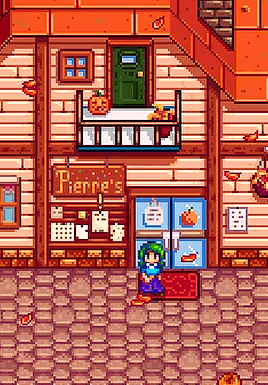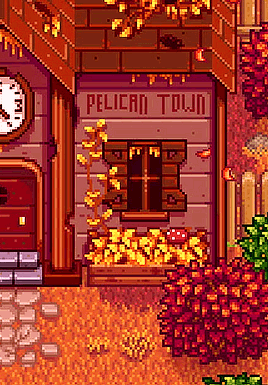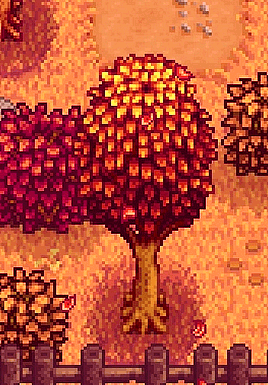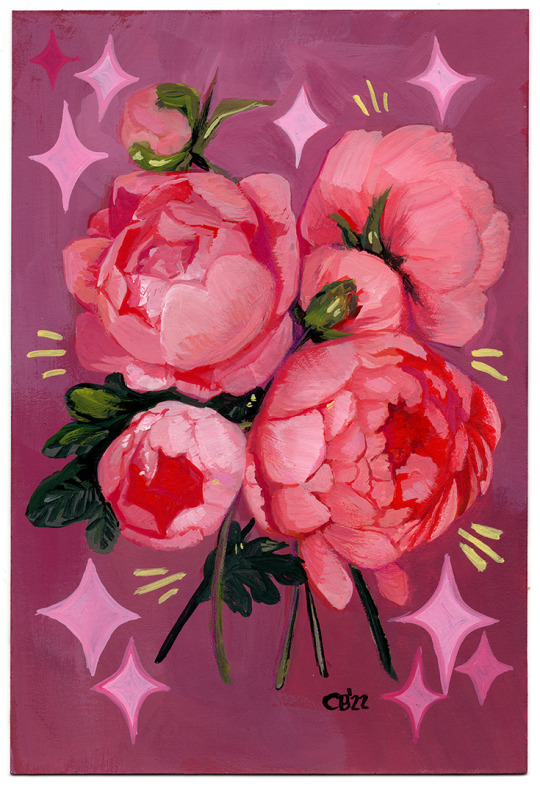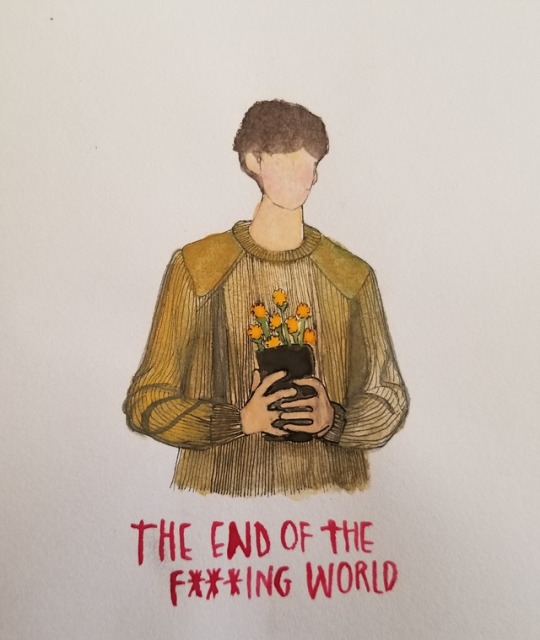Photo

Foxglove and Fern
Gouache on paper, 2021
by Kelly Louise Judd
1K notes
·
View notes
Text
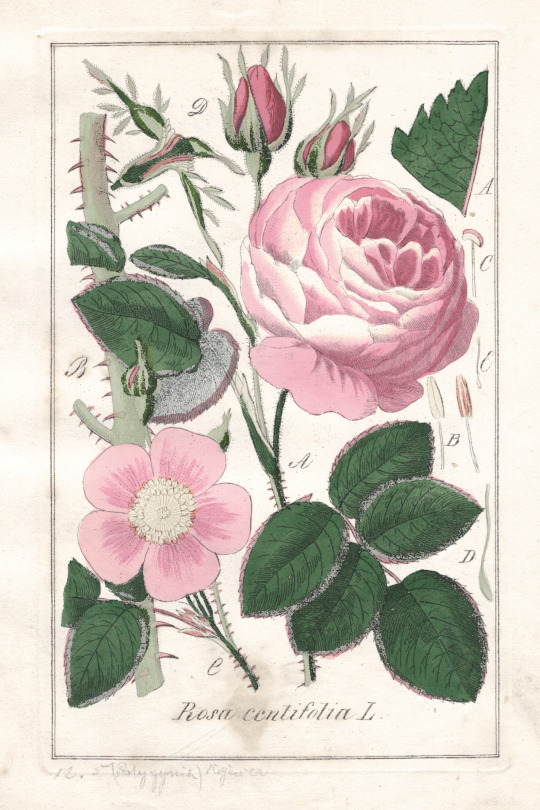
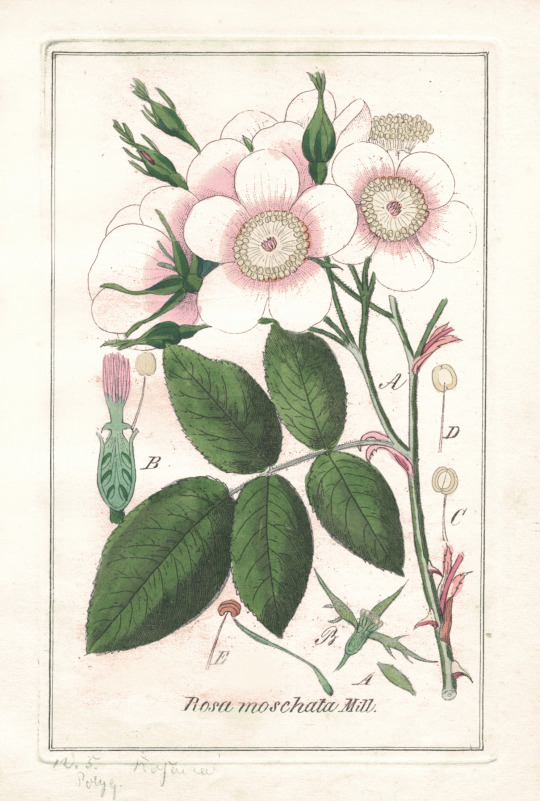
Found these gorgeous 19th century botanical plates in the antique store last week 🌹
1K notes
·
View notes
Text
Legit Tip #196
or - “On Writing ‘Gender Conforming’ Women”
As people started to realize that not all women are the same - because, you know, we’re people - we started getting a lot of stories that featured women who didn’t precisely conform to their gender roles.
This is an awesome, amazing things. I loved that I grew up with female characters who didn’t love fashion, who were nerds, who liked science, etc.
But the thing is… some women do like fashion. Some women hang with large girl groups. Some women LIVE for the latest makeup trends. And that doesn’t make them any less important as characters than the women who don’t fit these supposedly “stereotypical” roles.
Unfortunately, a lot of writers are scared to create women who have female interests or otherwise conform to society’s standards of what a woman should be like. Maybe they’re afraid that liking makeup and fashion will make her seem shallow. Maybe they have some other reason for being afraid to write these characters.
Either way, it’s NOT something to be afraid of. But there are some things to keep in mind if you want to write this “kind” of woman in your story.
1. Elle Woods
This is basically the reason I decided to write this post. Legally Blonde to this day remains one of my favorite films. The reason for that? Elle Woods is a total badass.
You can learn a lot about writing this type of character just by watching that film. Elle is smart, driven, and ambitious, even if she loves fashion and cute small dogs she can fit into purses. She may have chosen law school because she wanted to follow her ex-boyfriend there, but she learned and grew as a character and realized what was really important to her. And also that her ex was a jerk.
All this to say…
2. Let Women Have More Characteristics than “She’s a Woman”
The biggest problem with stereotypical “girl” roles is the fact that these characters usually have no personality beyond the aforementioned liking fashion and makeup and being part of a girl squad. That’s often true whether the girl is a sweetheart or a catty bitch.
Like I already said… Elle may like fashion and boys and the color pink, but these aren’t her defining characteristics. Her defining characteristics are her intelligence and her drive and her ambition - and especially her confidence to stand up for herself even when everybody else is putting her down.
So when you want to write a character like this, remember. Maybe she’s not so confident. Or maybe she’s super-confident. Maybe she has anxiety issues. Maybe she’s incredibly passionate about her hobbies, which can absolutely include makeup. Nothing wrong with a girl who’s biggest ambition is to become a badass fashion designer. That takes a lot of goddamn work.
Just don’t let it be the hobby that defines the character. Your hobbies are not your personality, and this is very much true when writing female characters. Two girls who love makeup can have totally different philosophies and ways of thinking about the world.
3. Women are Diverse…Duh
Shocker, I know. But women come in all shapes and sizes and from many different ways of life. So write “stereotypical” women who grew up in poor homes, others who grew up in poor homes, some who suffered abuse and some who have amazing family relationships. I don’t think there’s much else to say. Oh, except…
4. Women are REALLY Diverse FFS
Like goddamn, why is it that only straight white cis women can be the stereotypical girly-girls? Black girls can be super into fashion. I follow trans girls on Youtube who have taught me SO much about makeup. And lipstick lesbians exist. Nothing against butch girls, of course - I say this as a woman who likes women. I’m just pointing out the obvious - a bi, lesbian, pan, or ace girl can love stereotypically girly things too.
5. Love Your Bitches
I’m going to come out and say it - some girls are bitches But just because a girl is a b-word doesn’t mean she’s automatically a horrible person. Misguided, sure, but not necessarily evil like a lot of fiction wants us to think.
So, love your b-words. Give them a little more attention. Show WHY they are the way that they are and, more importantly, GIVE THEM A CHANCE TO GROW. People change and a bitch can become a better person. Don’t fall into the trap of thinking every bitch needs some sort of grand comeuppance. That’s bad writing and just plain bad for women. (Let’s stop pitting girls against each other. Come on.)
Really, I just want to see better written girly-girls in fiction. Even some of my favorite writers have fallen victim to thinking that strong female characters can’t be the “typical girl”… whatever that is.
397 notes
·
View notes
Text
Legit’s Character Development Worksheet
There are lots of character development worksheets out there, but in my opinion nothing that really examines a character’s growth and development, which is what I’m aiming to do with mine. You can use this to better understand your character, spot “holes” in their development, or to build a character from scratch!
_____________________
Ancestry
What is this character’s lineage?
Are there any genetic factors that may affect them? (Mental illness/disabilities that run in the family, magical lineage, etc.?)
What is/was their parents’ social class?
What are their parents/caregivers like prior to their being born?
If not raised by their parents, then by whom? Are their caretakers of a different social class than the character? How are they treated as a result?
In the case of non-human characters, what is the status of their “kind” prior to their birth/construction/etc.? (E.g., are they the first generation of a new AI? Are they the first generation of vampires to live in the light?)
Are there changing social values between prior generations and their own that may affect them?
_____________________
Circumstances at Birth
What is their parental status at birth? (Single mother, both parents, etc.)
What social class is your character born into?
What is expected of your character based on the social class that they are born into? By their parents/caregivers? By the society they live in?
How are they advantaged/disadvantaged at birth? Disability? Poverty? Etc.
Are there any circumstances surrounding their birth that may affect their early childhood? (For example, they were unwanted by their parents/caregivers, they were the long-awaited heir to a kingdom, or they were born (assigned as) a girl when the parents were hoping for a boy?)
_____________________
Childhood
If they lose a parent/are orphaned/adopted/parents divorce, etc., at what age does this happen? a.) How does the age at which this happened affect them? Do they remember this change? Are they affected by the change?
Does their social status/class change at any point during childhood? Why?
What is their relationship with their parents/caregivers like? How do these interactions affect them in later life? (For example, a perfectionist character may have only received approval from their parents for big achievements.)
Do they have siblings or other close relationships with family members of a similar age? (Do bear in mind that early relationships with siblings can play a strong role in the way that people approach friendships in later years.)
If they have siblings, what is their birth order, and how does this affect them?
What are some of the most impactful moments from their childhood? How do these moments affect them? What do they learn from these experiences? (E.g., “authority figures aren’t to be trusted).
Was their childhood a happy one? If not, how do they see their childhood as an adult? Does this make them angry, do they try to ignore it, or have they moved on?
What are their typical social interactions like as children? Do they have a lot of friends, are they shy, etc.?
Do they exhibit expected behaviors or have difficulty conforming? (Conforming to gender roles or not, for example.)
What are their primary interests as a child?
_____________________
Adolescence
Is there a turning point that moves your characters from childhood and into a more “mature” perspective? (For example, the death of a loved one.)
Does their social status/class change at any point during adolescence? Why?
How does their relationship with their parents develop from childhood to adolescence?
Do any major changes occur in their life during adolescence? How do these changes affect them?
In the case of MOGAI characters, at what point does your character realize they are “different” than the expected social norm? What are the circumstances surrounding that?
What is your character’s attitude toward sex and sexuality? How does their interaction with their parents/caregivers affect them?
How much independence is your character granted as an adolescent?
Does your character have more/less responsibility than the typical adolescent? In what ways? (For example, having to take care of a younger sibling.
How does their social life change (or not change) from childhood to adolescence?
How are they prepared for adulthood as an adolescent?
When in their society are they expected to become an “adult”?
How do their interests evolve from childhood to adolescence?
Is there a defining moment that transitions them from adolescence into adulthood? (Joining the military, moving out, etc.)
_____________________
Adulthood
What is their primary attitude towards life based on their experiences in childhood and adolescence?
What kinds of events would be necessary to change these attitudes?
Does their social status/class change as they reach adulthood, or at any point after? Why?
Are they generally independent as an adult? Why/why not?
Do they retain their relationship with their family on reaching adulthood?
Do they retain their social group from adolescence?
How/where do they meet new friends/love interests?
What is their attitude toward romance/love/family? What are their main goals regarding this as they enter adulthood?
What is their main goal as an adult? (A high-paying career, romance, family, to have fun, to survive, etc.)
How do their goals change over time? As they meet old goals and set new ones?
How do their interests mature from adolescence to adulthood? (For example, an interest in writing as a teen may lead them to a career in publishing.)
_____________________
Older Age
Do they accomplish their goals as set out in earlier adulthood? How do they feel if these goals are not met?
As they approach older age, what is their social class?
Do they build a family in their adulthood? What is this family like?
If they become a parent, how is their relationship with their children affected by the relationship they had with their own parents?
What do they want to “leave behind” in the world?
Do they become a mentor/teacher to others?
As they grow older, how do they feel about the concepts of aging? Weakening? Death?
Think outside the box as you answer these. Remember that if you bend and stretch them enough, these questions can fit into virtually any world.
23K notes
·
View notes
Text
Character Development Questions - Beliefs
1. Does your character follow any religion? (Real or fictional) 2. Would they consider themselves spiritual? 3. Which parts of their religious doctrine (if any) do they value? 4. Which parts do they ignore or question (if any)? 5. What do they think about the most popular religions in their world? 6. How much do they care about religion? 7. What would it take for them to gain or lose faith? 8. What do they think of other religions? 9. What do they think of atheism or agnosticism? 10. How important is religion/lack thereof for your character when it comes to judging others?
651 notes
·
View notes
Text
Quick Plotting Tip: Write Your Story Backwards
If you have a difficult time plotting, try writing or outlining your story backwards—from the end to the beginning. Writers who have a difficult time outlining, plotting, and planning their stories often benefit from this technique. You’ll need a general idea of what your story is about for this to work, and of course you need to know the ending, but you might be amazed how helpful this trick can be.
Why is writing backwards easier? Basically, instead of answering the question “this happened… now what comes next?,” you’ll be answering the question “this happened… so what would come right before that?” which narrows the possibilities for your next move and can help keep your story on track. (Incidentally, it’s also the way Joseph Gordan-Levitt’s character comes out on top in the film The Lookout.)
Writing backwards can also help you more tightly weave together your subplots, themes, and character relationships, and keep you from going too far down any irrelevant rabbit holes.
If you don’t want to write or outline completely backwards, remember that you’re free to jump around! If you’re feeling stuck in your story or novel, jump to the middle or end and write a few scenes. Many writers get stuck because they feel they have to write their story linearly from beginning to end, which results in an overdeveloped (and often irrelevant) beginning and an underdeveloped ending.
So go work on that ending! It’s much more likely that you will need to change your beginning to fit your ending than the other way around, so spend time on your ending sooner rather than later!
10K notes
·
View notes
Text
8 Ways to Improve Your Writing
I got a great anonymous ask last week from someone who wanted to know how to identify weak spots in their writing. One of the things that comes with time and experience is finding the language to identify, discuss, and address the feeling that something isn’t quite right or that a story is “missing something.” Not knowing them or their writing, of course I couldn’t help them figure out what specifically the problem was. But I did share with them a list of things I’ve done over the years to be able to identify weak spots and improve my writing.
1. Analyze your favorite writers.
Figure out why you like the writing that you like. Ask yourself: What are they doing here? What are they doing that I’m not doing? Why do I love their writing so much? Take notes on their stories. Plot them. Write in the margins. Read them slowly. Read their reviews—both good and bad. Did that writer you love once write something you hated? Great, even better. Figure out why that particular book was different from the others.
2. Analyze your own writing.
Do you have an older story you wrote that you love? Figure out why. What did you do differently in that story that you’re not doing in the current story you’re writing? Make notes. Draw maps. Reverse engineer everything.
3. Develop a language to talk and think about writing.
Read craft books, blogs, anything you can get your hands on. Learn about point of view, conflict, character development, dialogue, story structure, syntax, metaphors. Get your advice from good sources, and don’t believe everything you read. If something doesn’t sit right with you, throw it out. But be open to everything.
4. Journal and write about your writing.
Over time, you will identify consistent weaknesses that you have. Then, in the future, when you feel like “something is missing” from your writing, you can reference your notes and remember, for example, that you often have difficulty with your protagonist’s motivation, with theme, with dialogue, etc., and you’ll have a better idea about where to go looking.
5. Share your writing with someone you trust, ideally a more experienced writer than you or an editor or mentor.
Be very careful about who you share your writing with. Friends and family are not always the best choice. You don’t want someone who’s just going to throw around their uneducated opinion about your work, who has a big ego, or who won’t be honest with you. Remember: “I liked it” or “I didn’t like it” are useless pieces of feedback. You want someone who can read your work and say, “Your protagonist’s passion for music made them really likeable to me. I was dying to know whether they would get into the conservatory or not!” or “My attention wandered on page two, when you described the couch upholstery for three paragraphs.”
6. Analyze the areas of your writing which are commonly problematic for new writers (and writers in general).
In my experience as an editor, the most likely culprits are unclear character motivation and lack of conflict. There are a lot of good resources (books and blogs) about this. Try a Google search for “most common mistakes beginning writers make.”
7. Trust your intuition.
Do you keep coming back to the same page or scene in your story, feeling like it isn’t right? You’re probably onto something.
8. Take time away from your writing.
You’d be amazed how much more clear everything will be after a break. Give yourself at least a week for a short story, 3-4 weeks for a novel. It could also be the case that your ambitions for this particular story don’t yet match your skills, and that you’ll have to wait even longer to successfully finish it. I’ve known writers who have given up on a story only to come back to it months or years later once they’d gained the skills and insight to complete it. And then suddenly writing that story seemed really easy!
16K notes
·
View notes
Text
Writing Deaf Characters | Speech is Speech
Before I get going, I’m 75% deaf, as some of you know, semi-reliant on hearing aids and lip reading. My first languages were Makaton sign and then BSL. I now use spoken English. This is part one of two. People are People covers characterization and toxic tropes.
There are a lot of issues I find with how deaf people are represented in books, when represented at all. I would love to see more deaf and hard of hearing characters in the books I read- without having to read books specifically about deaf/HoH people- but when I find them, they’re grossly undercharacterized or stereotyped. Authors write them in a way that sets signing language characters apart from speaking characters as if they are inferior, and this makes my blood boil.
Some technicalties
I’ll keep this brief.
You may have heard that “deaf” is a slur and you should use “hearing impaired”. Don’t. I’ve never met a deaf or hard of hearing person who believed that. Use deaf for people who are deaf, and Hard of Hearing (HoH) for people who lack hearing. These can be interchangeable depending on the person. This is why sensitivity readers are a useful part of the beta process.
Sign language is incredibly varied. It developes in the same way as spoken language. Fun fact: in BSL there are at least half a dozen ways to say bullshit, my favourite of which is laying your arms across one another with one hand making a bull’s head sign and the other hand going flat, like a cowpat. It’s beautifully crude, and the face makes the exclamation mark. Wonderful.
There are different sign languages. Knowing more than one would make a character multi or bi-lingual, even if they are non-speaking.
Makaton is basic sign language used by children, and it mirrors the very simple language used by toddlers.
Yes, we swear and talk shit about people around us in sign language sometimes, and no, it isn’t disrespectful to have signing characters do this. Just remember that we also say nice things, and random things, and talk about fandoms and TV shows and what we’re having for dinner, too.
Each signed language is different from another. ASL and BSL? Nothing alike. Just google the two different signs for horse.
Remember that sign language is a language, equal to the spoken word
Therefore, treat it as such. Use quotation speech marks and dialogue tags. You only need to explicitly state that this character uses signed language once, and then let your modifiers and description do the rest. It isn’t a form of “sub-speech" or “making hand actions”- sign language is a language all on its own: it has its own grammar rules, syntactical structures, punctuation, patterns, idioms and colloquialisms. For example, “what is your name?” becomes “Your name what?” with the facial expression forming punctuation in the same way that spoken English uses alterations of prosodic tone (inflections). There is even pidgin sign; a language phenomenon usually associated with spoken language.
In the same way that you would describe a spoken-English character’s tone of voice, you would describe a signed-English speaker’s facial expressions and the way that they sign- keeping in mind that these things are our language’s equivalent of verbal inflection.
So please, none of that use of “special speech marks” or italicised speech for sign. If your viewpoint character doesn’t understand signed speech, then you take the same approach that would be used for any other language they don’t understand, like French or Thai. E.g “He said something in rapid sign language, face wrinkling in obvious disgust.” is a good way of conveying this. The proof that you’ve done this well is in whether or not you can switch “sign language” for French or something else, and it would read the same.
Don’t be afraid to describe how things are said, either. Sign language is such a beautiful and expressive way of talking, and to see a writer do it justice would be truly fabulous. Putting this into practise:
“Oh, I love maths!” She said, fingers sharp and wide with sarcasm. She raised her eyebrows.
“I’m sorry.” He replied and made his face small, but could not keep the grin forming. She was starting to laugh, too.
For the sake of readibility, I’m putting the rest of the information in part two.
This is part of my weekly advice theme. Each week I look at what you’ve asked me to help with, and write a post or series of posts for it. Next week: settings and character development (including heroes, anti-heroes, villains, and every other kind of character).
32K notes
·
View notes
Photo

28.12.17 // 27/100 Days of productivity - Is been about a month since I’ve been a bit out of Tumblr because of finals but I’m officially back! I finally got my room painted white and I’m loving the results, my study space looks better than ever!
2K notes
·
View notes
Photo
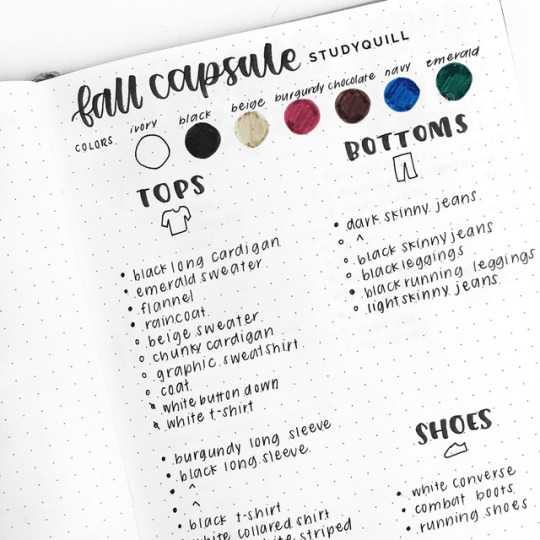
i promise this is the last cheeky self promo - check out my 2017 bujo flip-through if you wanna, no pressure ya know
2K notes
·
View notes
Photo
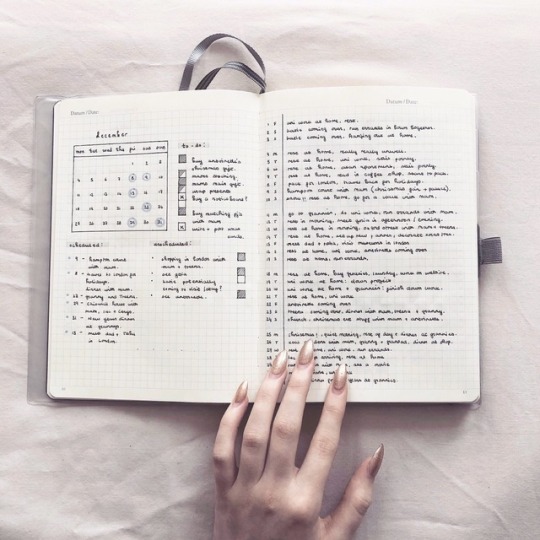
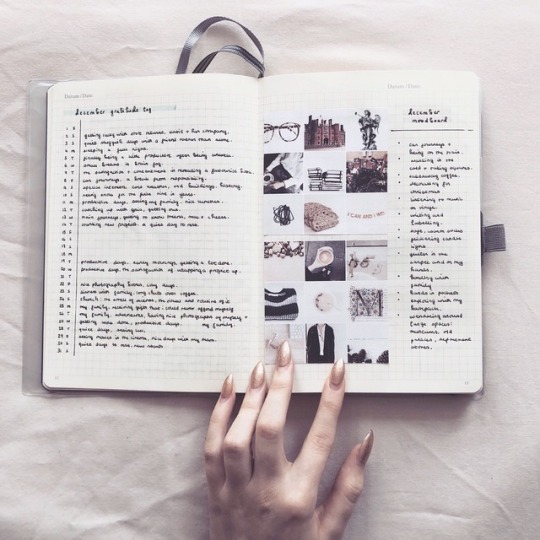
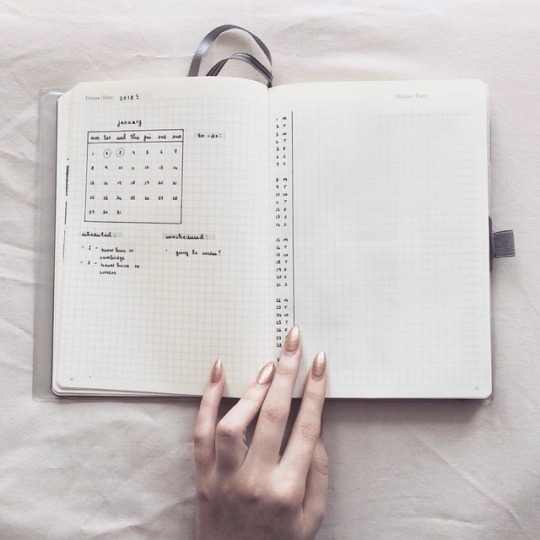
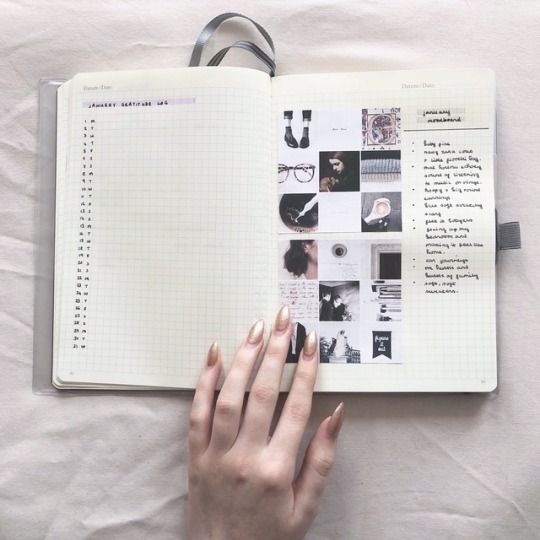
not very good pictures but December ➡️ January 🖋📚 monthly spread, gratitude log + moodboard 😌
4K notes
·
View notes

